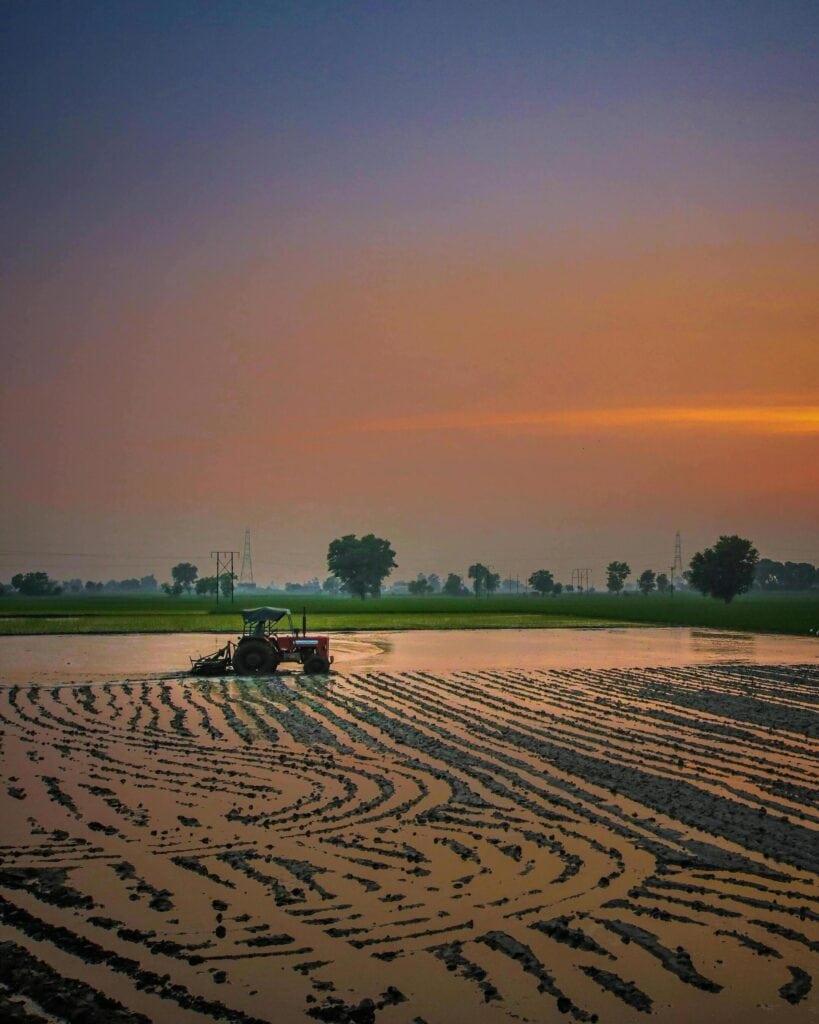Summary of arguments
The submission to the European Union (EU) on sustainable food and the Farm to Fork Strategy by ACT Alliance EU outlines key recommendations and concerns regarding the transition to sustainable and resilient food systems. The document emphasises the need for concrete commitments and ambitious targets to drive this transition, including increasing land managed under agroecology, reducing agro-chemical use, promoting plant-rich diets, and tackling food loss and waste.
ACT Alliance EU also advocates for the inclusion of small-scale farmers, particularly in developing countries, in benefiting from the demand for sustainable food. It suggests a co-regulatory approach for Voluntary Sustainability Standards (VSS) in food, aiming to ensure fairness and sustainability across the entire food chain.
Small-scale farmers need more support
While the EU’s Farm to Fork Strategy aims to promote sustainability, the submission critiques its vagueness regarding the international dimension and its lack of specific actions to support small-scale farmers globally. The document calls for a broader perspective on sustainable food systems, encompassing aspects such as food security and the right to food.
One of the key issues raised is the absence of a clear EU framework on sustainable food, which could integrate environmental sustainability, food security, and social justice. The submission proposes a holistic approach to defining sustainable food, incorporating elements such as poverty reduction, social-ecological resilience, and environmental integrity.
Furthermore, the submission discusses the role of Voluntary Sustainability Standards (VSS) in global food markets, highlighting both their potential benefits and drawbacks. It raises questions about the effectiveness of VSS in improving the economic sustainability of producers, particularly in developing countries, and suggests policy interventions to address these challenges.
Collaboration between stakeholders
In advocating for a general framework for Sustainable and Resilient Food Systems, the submission emphasizes the need for collaboration between EU institutions, stakeholders, and partners from the Global South. It recommends strengthening the regulatory framework on sustainable food systems, incorporating human rights principles, and promoting dialogue between national stakeholders to adapt international standards to local contexts.
Overall, the submission underscores the importance of addressing the complexities of global food systems and calls for comprehensive strategies to promote sustainability, fairness, and resilience across the entire food chain.
